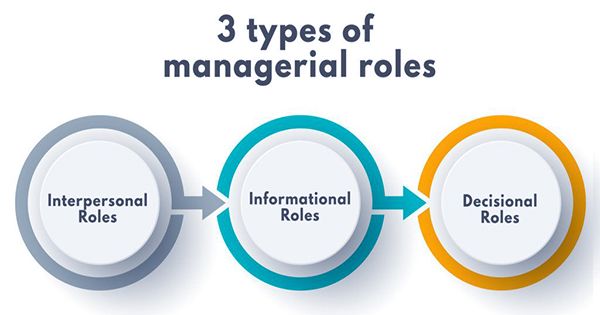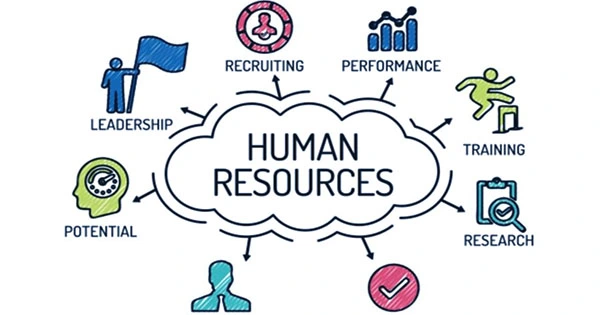The idea that managers play interpersonal, informational, and decisional responsibilities is the foundation of Mintzberg’s managerial roles. Being a leader of the one’s group, serving as their inspiration, and carrying out liaison duties between the group and other groups are all examples of interpersonal roles. Information responsibilities involve directing the flow of outgoing information as a spokesman for the group, monitoring the flow of external information to determine which items apply to one’s group, monitoring the status of the group, and disseminating that information. Last but not least, decisional duties comprise allocating resources, negotiating on behalf of the group, resolving conflicts, resolving issues, and coming up with fresh ideas.
At its most fundamental level, Mintzberg believed that a good manager was someone who got things done. A manager could intervene directly, for example, by supervising projects or negotiating agreements. Managing those who act would be a more covert strategy, such as by acting as a leader to motivate others to act. Finally, by gathering and disseminating information that persuades others to act, a manager might indirectly spur action. In conclusion, a manager moves a firm ahead in a variety of ways.
















